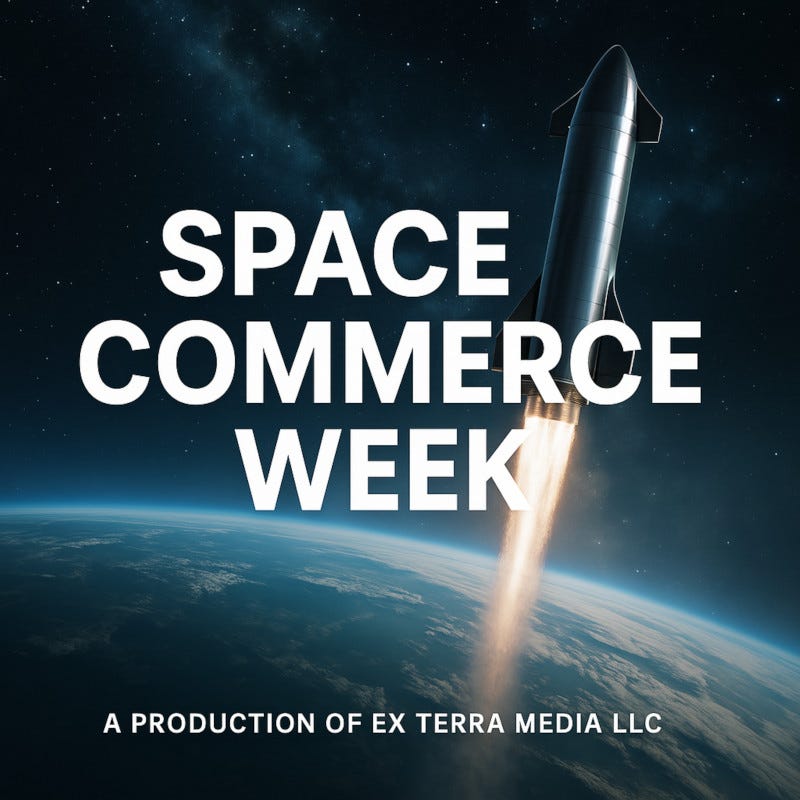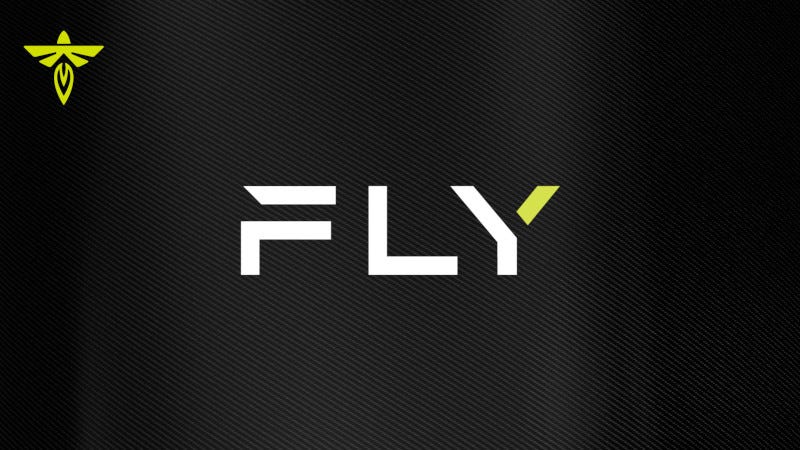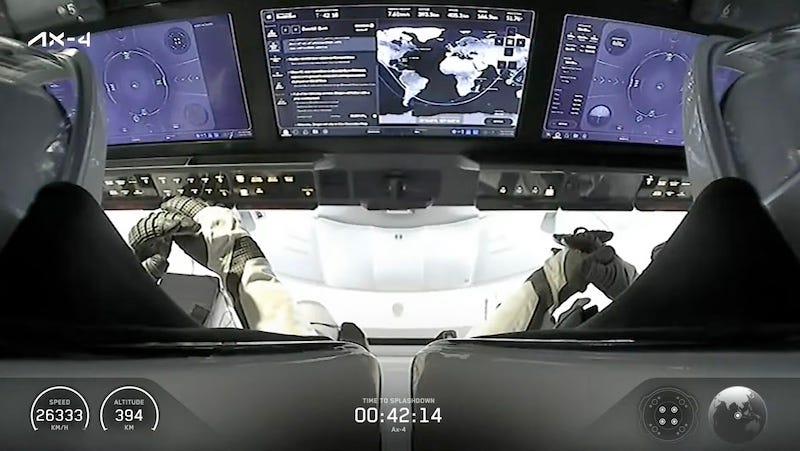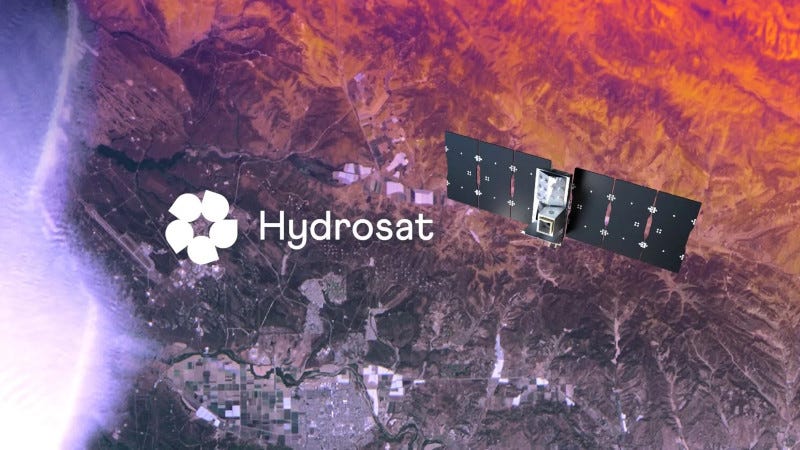On April 30, 2024, SES and Intelsat announced an agreement for SES to acquire Intelsat for a cash consideration of $3.1 billion, or about €2.8 billion. The transaction was subject to receipt of relevant regulatory clearances and other relevant requirements which all have now been obtained.
That merger closed earlier this week.
The acquisition has been in the works since at least 2023, when the two companies revealed that they had been discussing the combination. Those discussions ended in June of 2023, but in April, 2024, SES announced that it would be acquiring Intelsat in a transaction consisting of cash and "certain contingent value rights."
The combination creates a strengthened global satellite operator with an expanded fleet of 120 satellites across two orbits, including approximately 90 geostationary (GEO), nearly 30 medium earth orbit (MEO) satellites, strategic access to low earth orbit (LEO) satellites, and an extensive ground network.
SES remains headquartered in Luxembourg and is publicly listed on the Paris and Luxembourg stock exchanges, while maintaining a significant presence in the United States with its primary North American office in McLean, Virginia.
-0-
Varda Space Industries recently announced a Series C fundraising round, bringing the total amount of capital raised by the microgravity-enabled life sciences company to $329 million. The $187 million fundraise was led by Natural Capital and Shrug Capital, with participation from Founders Fund, Peter Thiel, Khosla Ventures, Caffeinated Capital, Lux Capital, and Also Capital.
Since launching their first mission, W-1, in 2023, Varda has completed three successful launch and return missions, with a fourth, W-4, currently in orbit and a fifth expected to launch before the end of the year.
Varda's orbital laboratories are the first to process materials outside the International Space Station and mark the beginnings of commercial expansion into low Earth orbit. Due to the lack of gravity, materials such as the active pharmaceutical ingredients in medicines crystallize differently than they would on Earth, creating novel drug formulations that would otherwise be impossible.
Varda also operates a hypersonic testbed for government partners, working to utilize the W-series reentry vehicle to advance new technologies. The reentry capsules reach Mach 25 on their journey from space to Earth, offering a valuable, real-world flight environment for testing subsystems such as thermal protective materials, navigation, communication, and sensors.
-0-
You can't buy it yet, but Firefly Aerospace has filed a registration statement on Form S-1 with the U.S. Securities and Exchange Commission relating to a proposed initial public offering of shares of its common stock. The number of shares to be offered and the price range for the proposed offering have not yet been determined.
Firefly intends to list its common stock on the NASDAQ Global Market under the ticker symbol “FLY.”
Goldman Sachs & Co. LLC, J.P. Morgan, Jefferies, and Wells Fargo Securities are acting as lead bookrunning managers for the proposed offering. Morgan Stanley, Deutsche Bank Securities, and Cantor are acting as joint bookrunners. Roth Capital Partners and Academy Securities will serve as co-managers.
A registration statement relating to these securities has been filed with the U.S. Securities and Exchange Commission but has not yet become effective. These securities may not be sold nor may offers to buy be accepted prior to the time the registration statement becomes effective.
-0-
Coming up, the Ax-4 private astronauts have returned safely to Earth. But right now, why not take a minute to become a paid subscriber to The Journal of Space Commerce. Whether you’re a space professional, investor or an enthusiast, paid subscribers have first access to premium articles and podcasts focused on the new space economy. Just visit www.exterrajsc.com on Substack, and help keep The Journal of Space Commerce independent as we chronicle, cajole and, when necessary, critique the commercial space industry.
-0-
After undocking from the International Space Station on Monday, the Axiom Mission 4 (Ax-4) crew safely splashed down off the coast of California aboard SpaceX Dragon “Grace” early Tuesday.
This marks the first time astronauts from India, Poland, and Hungary have conducted a mission on the International Space Station. For each of these countries, this mission has realized the return to human spaceflight, with all three nations sending astronauts to space for the first time in more than 40 years.
Over the course of their 18-day mission aboard the orbiting laboratory, the Ax-4 crew conducted more than 60 scientific experiments across a wide range of disciplines, including life sciences, materials research, Earth observation, and technology demonstrations. These investigations represented the interests of 31 countries, underscoring the mission’s global impact in advancing science and innovation in microgravity.
The crew also participated in over 20 outreach events, connecting with a diverse global audience that included government officials, students, researchers, the media, and aspiring astronauts.
-0-
A strategic investment aims to leverage space technology to tackle global challenges in water scarcity and food security. Source Agriculture Corp, a land acquisition and agricultural technology investor, is backing Hydrosat, a company with a vision of increasing food production while significantly decreasing water use.
The company has already launched two satellites into orbit with SpaceX, and is now serving customers on over 4 million acres in 43 countries. Hydrosat's technology has demonstrated the ability to provide up to 30% water savings, a 50% increase in crop yields, and a 30% reduction in electricity usage, marking a transformative leap in sustainable farming practices.
Through its satellite-enabled solutions, Hydrosat offers field-level and regional analytics that empower governments, farmers, and businesses to make informed, data-driven decisions.
-0-
A memorandum of understanding (MOU) has been signed between Japanese startup SpaceData and Redwire, signaling Redwire’s expansion of international collaboration into the Japanese tech sector.
Through the agreement, Redwire and SpaceData plan to identify opportunities to integrate SpaceData into Redwire’s digital ecosystem to support current and future missions to the International Space Station (ISS). They will also explore combined solutions that will allow them to support NASA Commercial Low Earth Orbit (LEO) Destination utilization components, systems, and software.
Additionally, the two companies will explore future collaborations for Cislunar, Lunar and Deep Space missions and services. Redwire will look to leverage SpaceData’s artificial intelligence (AI) for space and robotics capabilities.
-0-
You Might Have Missed:
Theme Stock Music provided by CoolTones, from Pond5


















